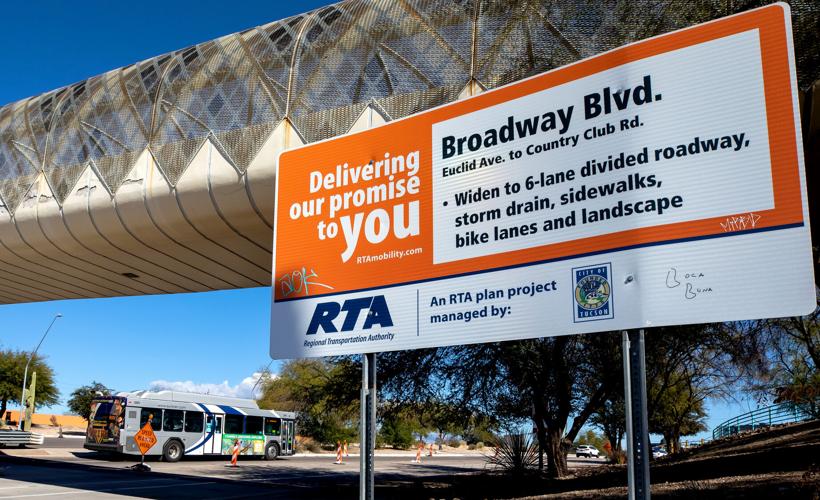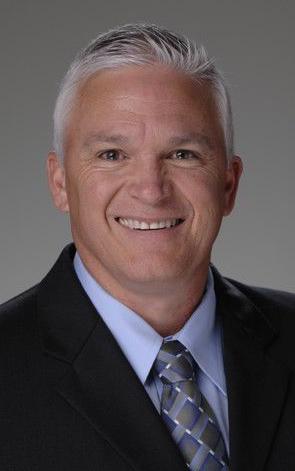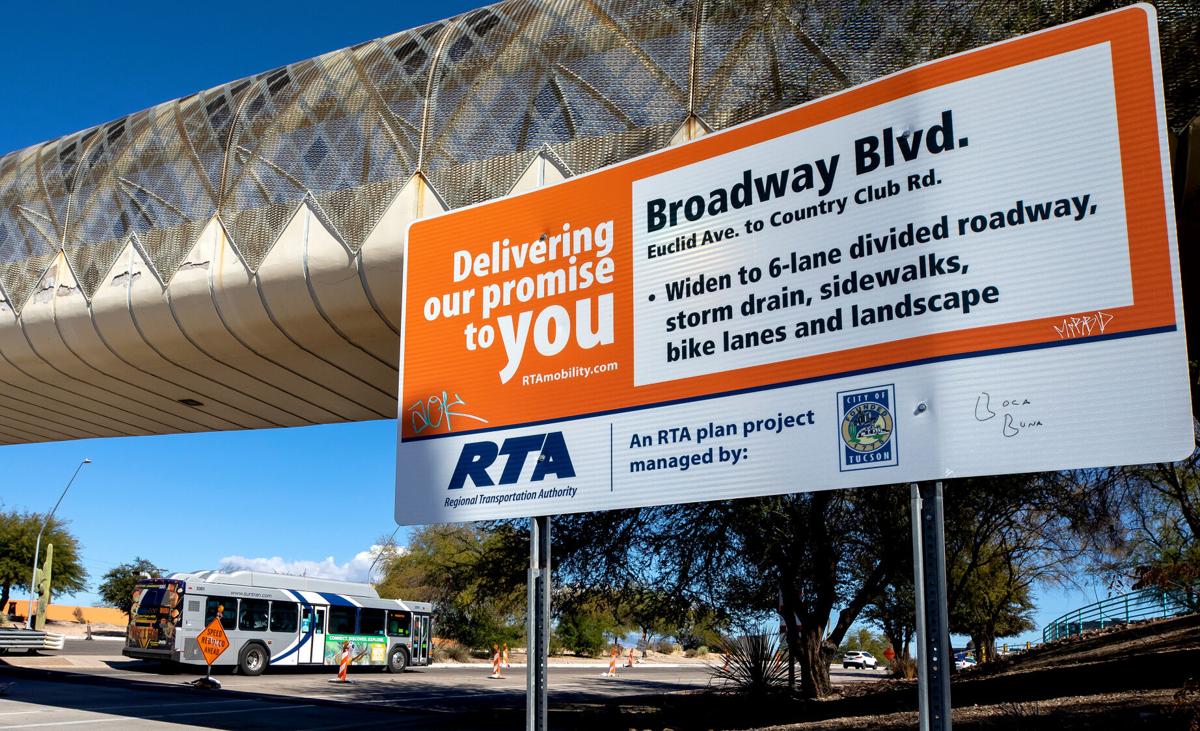Tucson will remain in the Regional Transportation Authority after reaching a deal with program leaders on Thursday, marking the end to a long running conflict that threatened to put an end to the multibillion-dollar road work initiative.
The RTA has used a voter-approved sales tax to fund transportation projects, such as roadway expansions and safety upgrades, across Pima County since it was approved by voters 15 years ago. It’s set to expire soon and could be up for voter renewal as early as 2024.
Tucson — the home of nearly half of the county’s voters — vowed to leave the RTA by Feb. 1 unless changes were made to address a massive funding gap for the city’s unfinished projects and an RTA governing board structure that city officials called inequitable.
Other RTA board members pushed back on Tucson’s proposed changes throughout the last year of negotiations, while the city made little room for compromise.
On Thursday the tides changed dramatically. The city agreed to put aside one of its biggest demands and other board members made concessions to give Tucson more say on crucial program committees, ultimately saving the RTA from certain failure at the ballot box.
“I could not be more pleased with the outcome,” said Supervisor Rex Scott, Pima County’s representative on the RTA board. “Going into this meeting I think all of us were expecting some divisiveness, but instead we achieved unity.”
Tucson’s big concession was putting aside its demand for “weighted” or “proportional” voting, a system that gives each RTA member a level of voting power based on their share of the region’s population. The RTA currently gives one vote to each member jurisdiction regardless of size.
Members of the RTA board, such as Marana and Sahuarita, opposed the change saying that it would disenfranchise smaller communities. It would also require state-level approval that could open the door for stronger RTA restrictions in the future.
Gen. Ted Maxwell, the Arizona Department of Transportation’s RTA representative, put forward a plan that required Tucson to give up weighted voting in exchange for additional members on three key committees tasked with monitoring RTA performance, overseeing projects and designing the plan for RTA Next — a future iteration of the program.
The plan passed unanimously after a lengthy discussion, settling what had been the most heated point of disagreement between RTA members since September.
“I’m not 100% thrilled with Gen. Maxwell’s proposal, but I would support it,” said Marana Mayor Ed Honea, who has been Tucson’s most outspoken opponent on the RTA Board. “The proposal slides us more into the middle.”

Maxwell
A provision to continue weighted voting discussions was added to the proposal, so the voting structure may still change if board members can agree on a new system.
Maxwell’s motion also included the creation of a plan to fill Tucson’s project funding gap, which the city estimates could be as high as $250 million, as well as a new rule that the RTA will review project costs every five years to prevent similar shortfalls from cropping up down the line.
The funding shortage and lack of “flexibility” to account for increasing construction costs has been at the center of Tucson’s dispute with the RTA. While there’s no exact plan, Thursday’s vote means the issues are likely to be addressed as the RTA gears up for another two-decade term.
“My colleagues on the council, city staff, and I have been raising these funding concerns for the last four years,” Tucson Mayor Regina Romero said in a news release. “I am pleased to see progress on a plan that ensures the city’s remaining RTA projects are fully funded and does not place an unfair burden on city taxpayers.”
While Tucson is expected to remain in the RTA, many of the larger conversations about the program’s future still need to be had among the board members and some of Tucson’s primary concerns aren’t fully addressed.
RTA Next still needs to be crafted, for example. The process will involve negotiations about what projects are included, when they’re scheduled in the program and how much money is set aside to complete them.
Beyond that, the typically heated weighted voting discussions will continue while the RTA board tries to tackle the massive project funding gap it made a commitment to resolve.
“The next big thing to deal with is assuring the municipalities that we’re going to get the remaining projects done,” said Maxwell. “There’s still a big shortfall on the revenue side for those projects. The cost of production has gone up significantly on road projects and we have to figure out how we’re getting those done.”
Maxwell has also expressed concern that the infighting could have turned voters off to the idea of another RTA program. Similar initiatives failed at the ballot box multiple times before the RTA passed in 2006, meaning its success in the future is still far from certain.






